
Chess Not Checkers
Elevate Your Leadership Game
Recommendation
Most start-ups are small and easy to manage. They require minimal delegation; their leaders can handle most important tasks. While these firms are new, they can make simple, direct operational moves. They can play checkers – a surface-level, tactical game. But as they grow, their corporate life becomes more complex and more challenging to manage. Now, leaders must delegate. The competitive landscape grows more threatening. Therefore, those who run adult companies must play chess – a multilevel, strategic game. Management expert and storyteller Mark Miller explains how the leaders of growing organizations can use four chess principles to become entrepreneurial grand masters. He returns to some familiar characters from his past fables, and shares the way young CEO Blake Brown becomes a solid leader. Though the tale may be slight and a bit contrived, Miller uses it, as in his other bestsellers, as a readable vehicle for sharing insight and information. getAbstract finds that his checkers-to-chess metaphor delivers teachable leadership advice that will help entrepreneurs, managers, coaches, HR officials and mentors.
Summary
About the Author
Chick-fil-A vice president for leadership development Mark Miller is a best-selling author. With Ken Blanchard, he co-authored The Secret: What Great Leaders Know and Do.









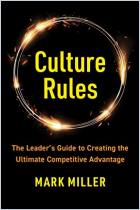


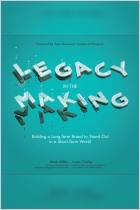
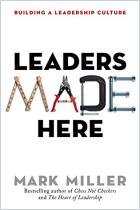
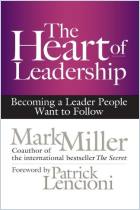

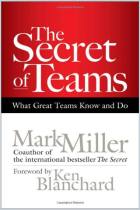
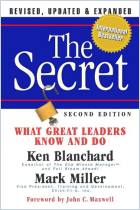
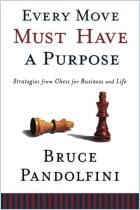
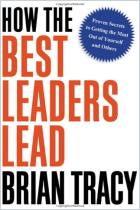
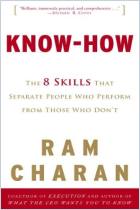
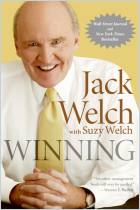
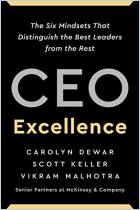
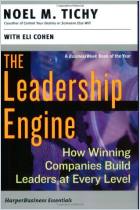


Comment on this summary or 开始讨论